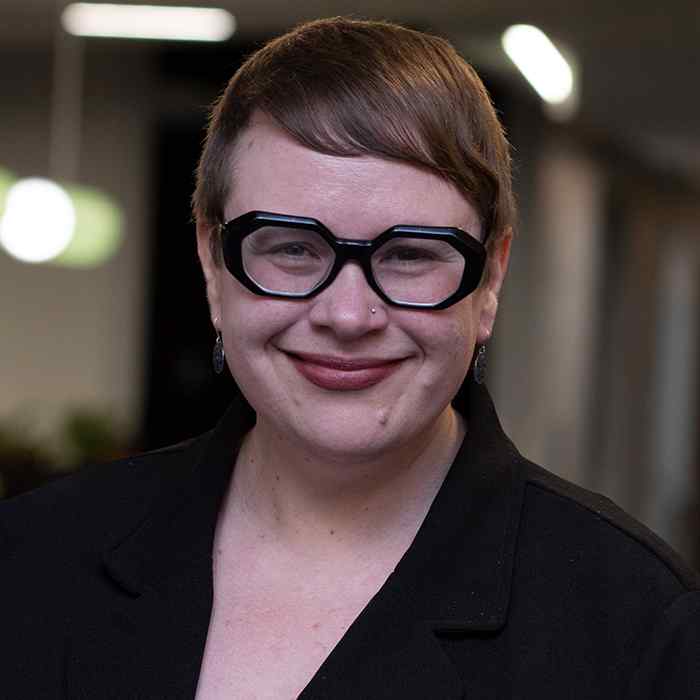Music Therapy
Delivery Options
Awards

In Minneapolis College's Music Therapy Associate of Science degree you will develop music literacy, learn foundational principles in music therapy, and develop skills in critical analysis, logical thinking, cultural competence, historical perspective and aesthetic judgment.
In addition, you will explore the less tangible but no less important aspects of music including creativity, imagination, and emotion. This degree will provide education and training in music and beginning music therapy in preparation for transferring to a four-year institution where you can complete the music therapy degree requirements to become a board-certified music therapist.
Highlights:
- Our faculty members are award-winning practicing artists and experienced instructors with advanced degrees in music and real-world experience in the music business at the local and national level.
- Our campus is located in the heart of Minneapolis’s vibrant music community with easy access to major performance venues and music organizations such as Orchestra Hall, The Walker Art Center, First Avenue, the Dakota Jazz Club and more.
- Our program’s smaller size fosters faculty and student interaction and creates a more personal learning experience.
- Minneapolis College’s diverse student population is reflected in our global and multicultural approach to the study of music.
- Students can transfer to Augsburg University to continue their studies in their Music Therapy B.S. degree
Award Requirements and Course Descriptions & Outlines
Please select the award below to view the degree options and requirements in the college catalog.
Program Learning Outcomes
- Identify genres and styles of music by their unique characteristics and relate these to the communities which produce them.
- Demonstrate/identify the clinical populations and interventions used within the field of music therapy.
- Analyze and create music, using the building blocks of melody, harmony and rhythm.
- Communicate effectively about music and music therapy using field-appropriate vocabulary.
- Apply research skills using techniques unique to the field of music and music therapy.
- Demonstrate proficiency on a primary instrument performing as a soloist and as a member of an ensemble performing a variety of styles and genres.